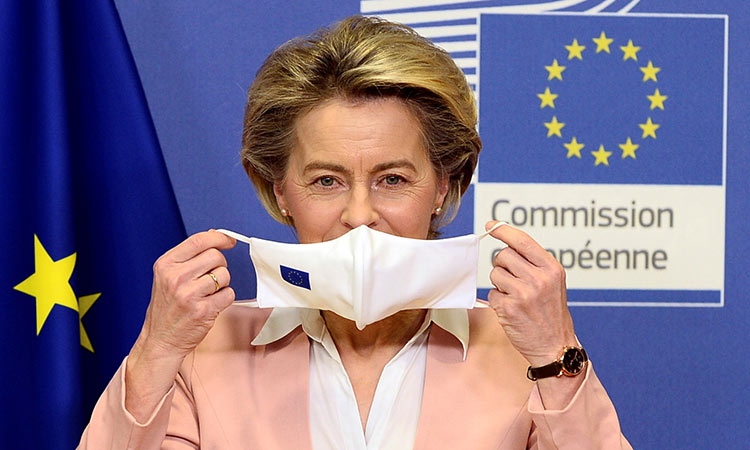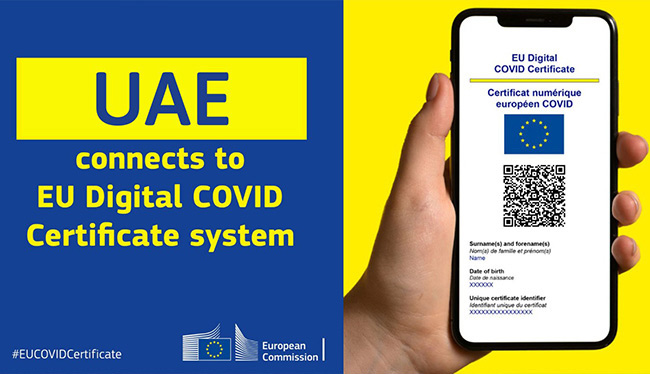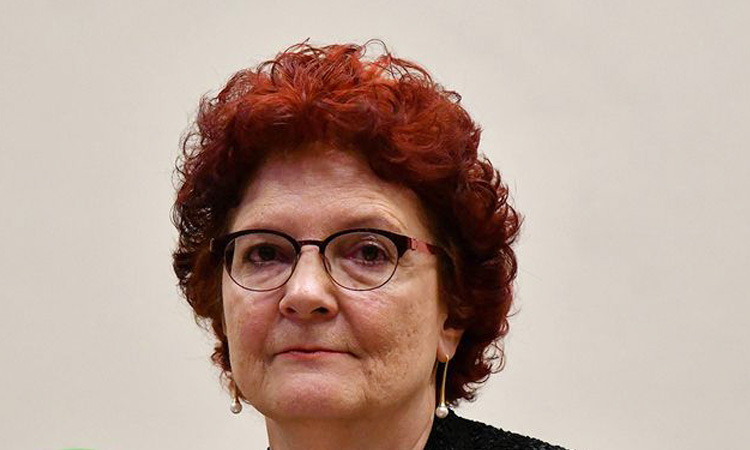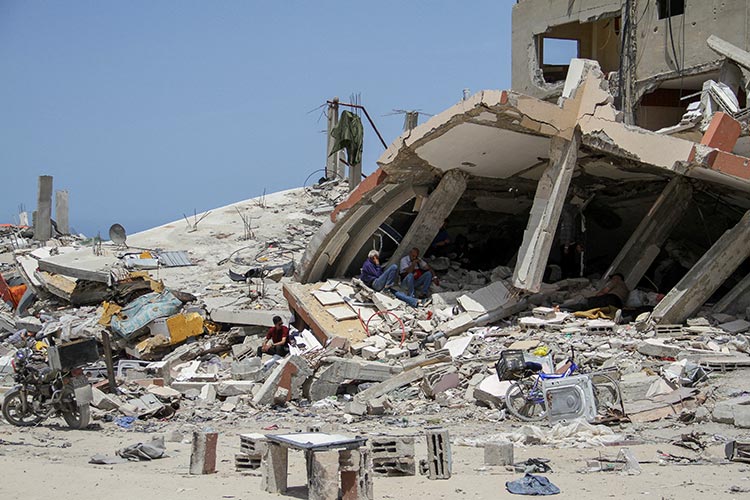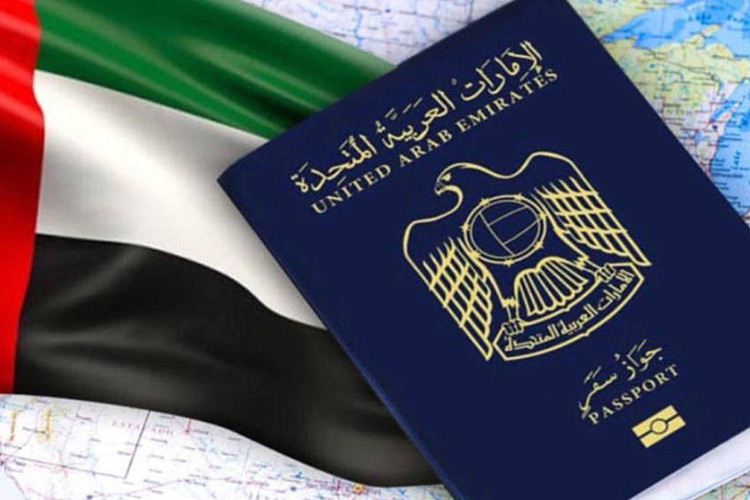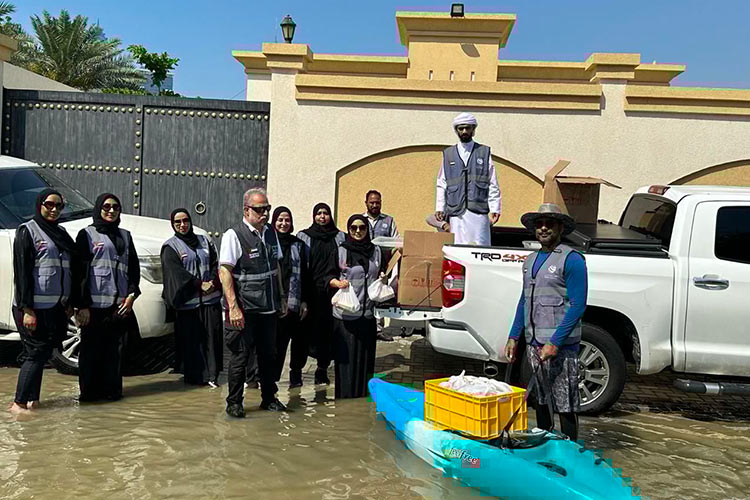EU beefs up anti-COVID-19 fund for partner countries
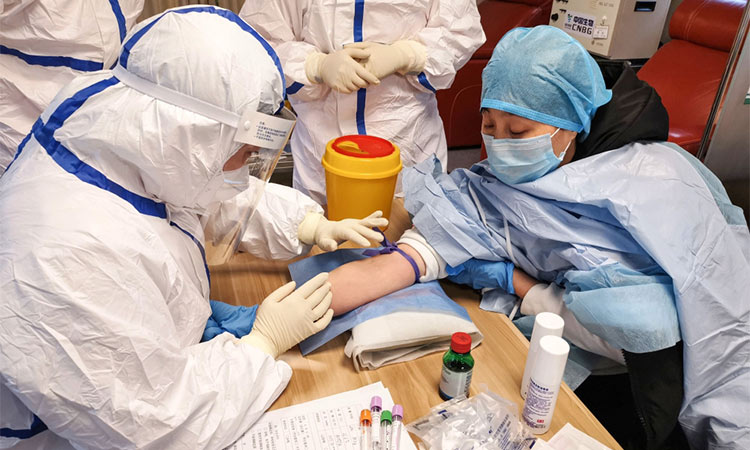
Photo has been used for illustrative purposes.
Mariecar Jara-Puyod, Senior Reporter
The 27-member European Union (EU) has beefed up its committed €36 billion (Dhs156,478,540,329.00) “Team Europe” anti-COVID-19 fund for its partner countries across the globe which include the six Gulf states as well as Iran, Iraq and Yemen. This is through its cash contribution to a newly-launched consortium for the continuing research on and development of therapeutics against the SARS-CoV2.
The consortium known as the “Corona Accelerated R&D Europe (CARE) was announced last Tuesday in the EU capital of Brussels, Belgium with a total grant of €77.7 million (Dhs337,886,969.80). It is also funded in cash and in-kind by 11 members of the European Federation of Pharmaceutical Industries and Associations as well as by three members of the Innovative Medicines Initiatives which moves to continually boost the competitiveness of the EU in the international drug industry, supported by the European Commission.
CARE is committed to a long-term understanding of the Novel Coronavirus (COVID19) and future similar threats in addition to urgent efforts to repurpose existing therapies as potential immediate response. Thirty-seven teams from the academe and non-profit organisations from several countries that include Germany and Spain are in the loop. The German pharmaceutical firm Boehringer Ingelheim has been tasked to lead in the development of virus neutralizing antibodies.
In the UAE, Gulf Today sought a comment from Dr. Malathi Arshanapalai as the Aster DM Healthcare where she is the Group Chief Medical & Quality officer, last Tuesday, released to the media its 57-page “Clinical Whitepaper on COVID19 Surge: Effective Strategic Clinical Interventions.”
Arshanapalai said: “The work of CARE with an accelerated approach to find gold standards of treatment of the COVID infection will be the answer that we are globally looking for; the light at the end of the tunnel, to the current pandemic and for future pandemics to come.”
She cited three reasons: 37 partners collaborating from multi-specialty backgrounds towards developing a therapeutic solution of COVID infection; the synergistic approach to finding breakthrough medications and treatments; and its goal of investigating the viral pathophysiology for the full understanding of the different stages of virus infection and their relation with human immune responses.
On the Aster DM Healthcare COVID-19 journey, Arshanapalai said the chain which operates 26 hospitals throughout the Gulf and India has so far screened 100,088 for the SARS-CoV2. It has attended to 7,375 patients.
The document featured at least two male patients in the UAE, both sexagenarians. It stated that there have been more men than women COVID-19 sufferers, according to records.
The first patient was 62 years old previously hotel-isolated by the Dubai Health Authority with no COVID-19 risk factors despite his age but was confined at the Critical Care Unit-un-intubated for some time. The second patient was a diabetic 67-year-old, taken to the hospital as an emergency case, after having been on self-isolation home quarantine. Both had been discharged after full recovery.
The document authors concluded: “There are still many unknown aspects of the infection with SARS-CoV2 virus. These major knowledge gaps make dealing with critical patients with COVID-19 a special and unprecedented challenge. There is need in continuous adapting the current guidelines as new managements with strong evidence base emerge and new therapeutic options are emerging.”
Asked for the way forward, Arshanapalai said: “It lies in strategic learning from the experiences which are an eye opener to the need for continuous change and dynamic solutions with automated and innovative measures that bring patients closer to the caregivers in a safe and secure environment.”
She enumerated the following which have helped management and staff deal with COVID-19: ensuring continuity of essential services, well-coordinated implementation of priority actions, clear and accurate internal and external communication, safe environment for health workers, regular external audit and monitoring for corrective and previous steps based on gaps, and the strengthening of home care, telehealth and the Aster Volunteer Programme.
